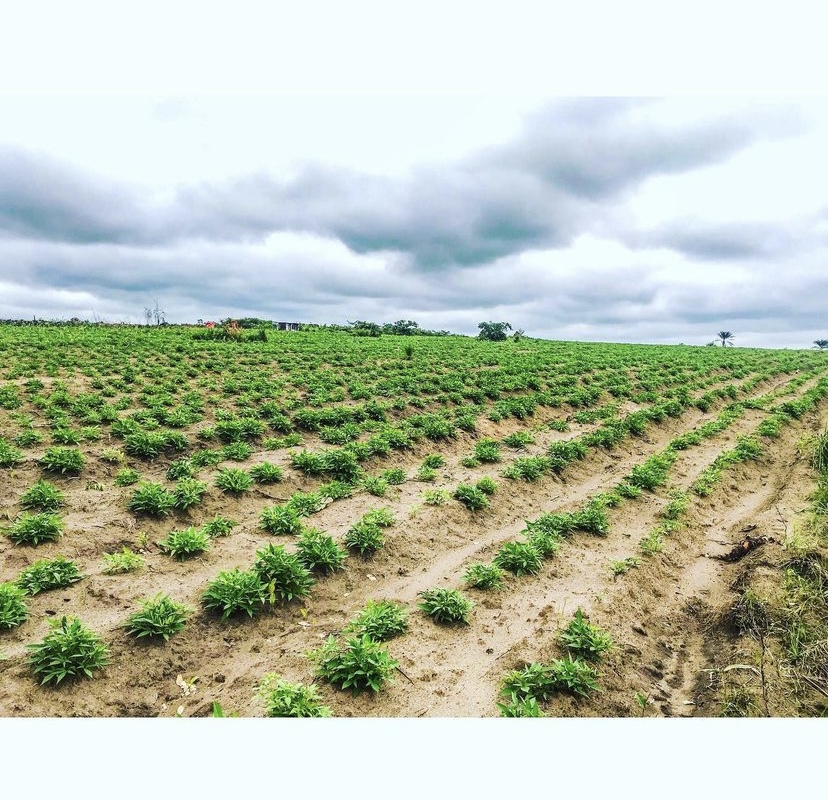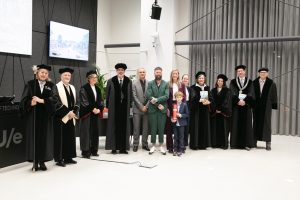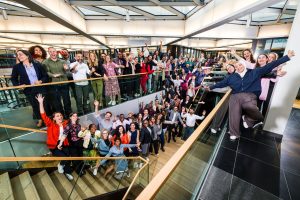Our country can cultivate their own agricultural products. Initiatives like Le Bulb Farm strengthen that belief.
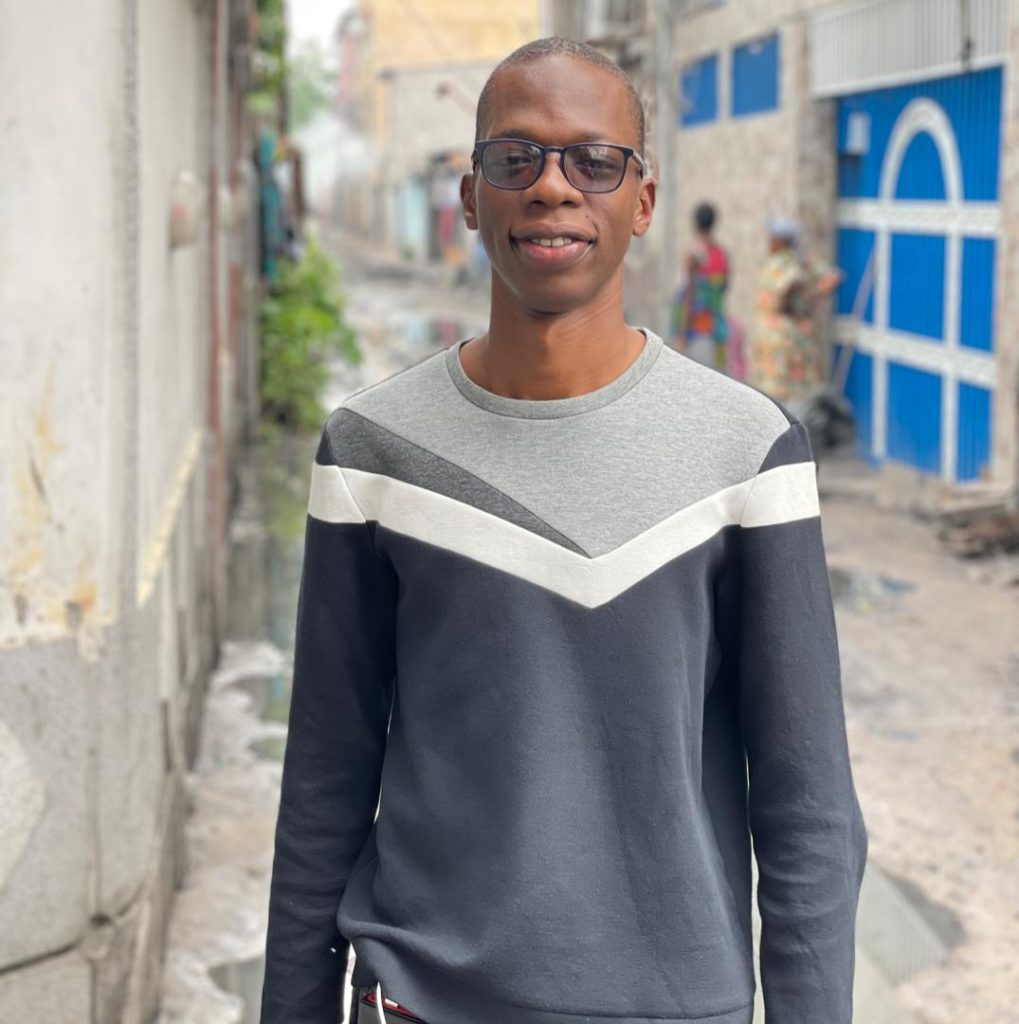
Nathan Kamba, born in Lubumbashi, République Démocratique du Congo, was preparing for a recipe in which he needed milk. While browsing through the supermarket aisles, he discovered that the only milk cartons offered were imported from China. He thought to himself: “How can basic commodities like milk be imported from the other side of the world whilst RDC has 80 million hectares of arable land, more than 30 % of the total land area of the country?”
After doing thorough market research, Nathan decided to put aside his mechanic studies and specialises completely in the production and post-harvest food value chain of agricultural products. But his startup, Le Bulb Farm, does more than that. OCHQ interviewed Nathan to get to know his business.
I hope in a couple of years, consumers can see what he or she is eating and where it came from. That customers can buy milk from a local farm. That people are aware their products came from Le Bulb. That is the goal.
Where is your startup located and what is its goal?
“Our recently launched startup Le Bulb Farm is based in Maluku, a Tshangu district of Kinshasa. It is an agricultural company, cultivating vegetables, dairy products and cold cuts. We also do field research on our agricultural land to improve and increase our production. We harvest for example tomatoes, bell peppers and sweet potatoes.”
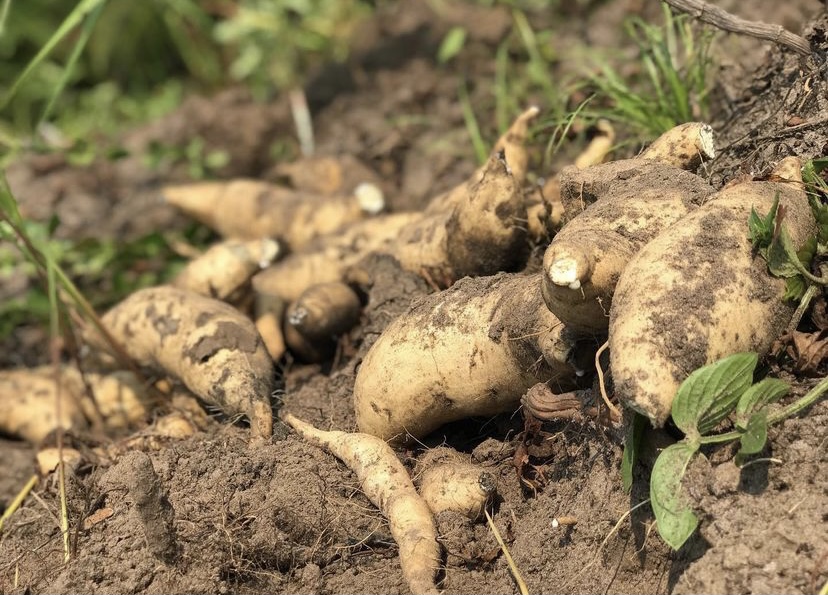
What triggered you to build your own startup?
“RDC has more than 90 million inhabitants, which means that its has an enormous domestic demand. All of us have to eat. But that does not mean that we cannot permit ourselves to import products from the other side of the world. After the insights concerning imported milk, a friend of mine, who is an agronomist, and I started to brainstorm and sent our business plan to an angel network in RDC. We received a seed funding of 8000 USD which really helped us to lay the foundation of our startup. By launching our startup, we hope to lay the foundation of an economic model of agricultural production for my surroundings and hopefully, in five years, for the rest of RDC.
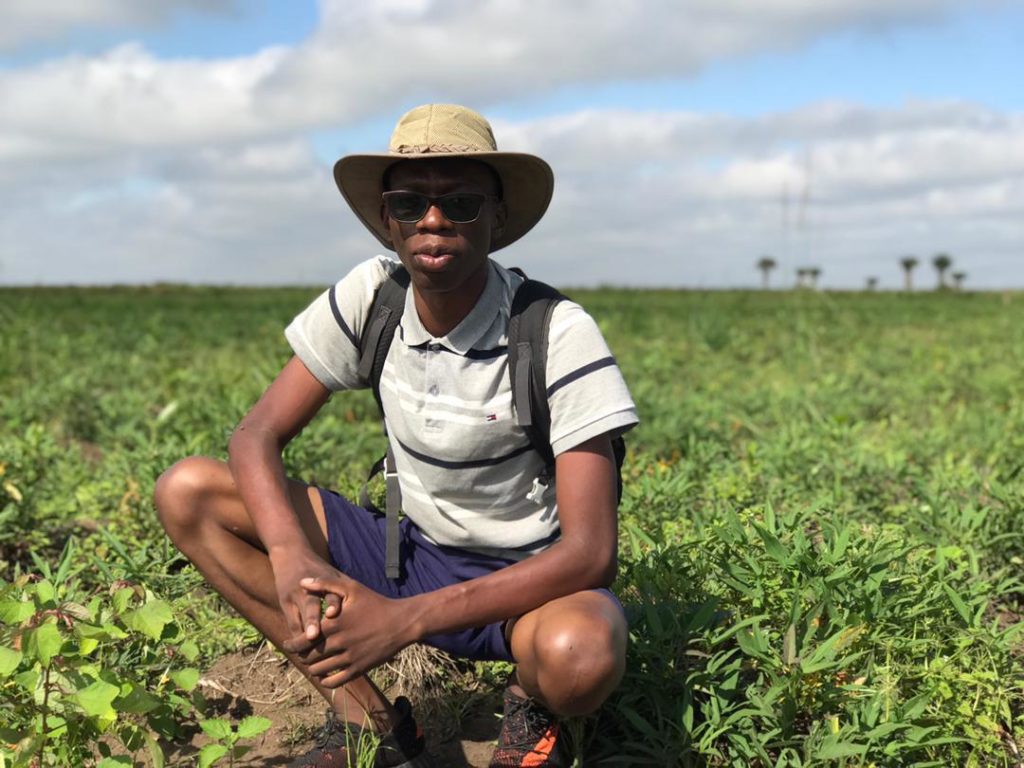
Our country can cultivate and produce their own products. Initiatives like Le Bulb Farm strengthen that belief. Existing agricultural models that we have in place in RDC might be very basic and underdeveloped, but this also means that we can work our way up. As farmers, you are always stronger together as you have more support, innovative ideas and knowledge. That is why I created this initiative of combining different farms, to maximise results. Currently, our startup owns 30 hectares of agricultural field, but when we first started, we had only 2 hectares of land! I am happy to see that more agricultural companies join us to operate stronger together.”
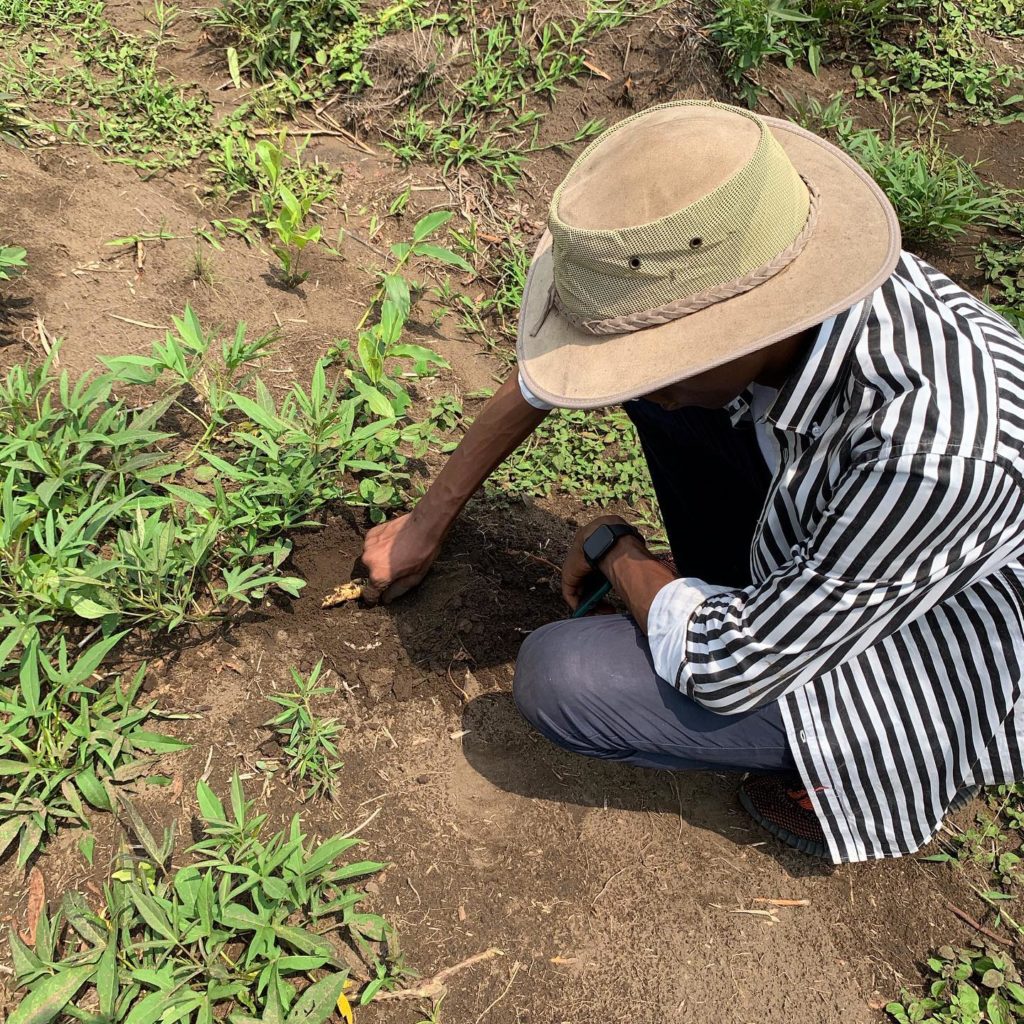
Le Bulbe lays the foundation of an economic model of agricultural production for its surroundings and hopefully, in five years, for the rest of RDC.
What are some of the difficulties you face as a startup?
“As Maluki is a small village without many resources, we struggle with technical deficiencies such as lack of efficient machineries. Our 21 day-to-day labourers do everything by hand, and merchants and consumers come directly to the farm to pick up our products. Our communication methods are very short as we need to act quickly to reduce the possibility of agricultural loss. For our startup, every day is a challenge and that can turn out positively or negatively. But we do the best we can with the capacities at hand. I am happy of the achievements we have obtained. In 2020 for example, we had a turnover of 19,400 USD dollar. Unfortunately, due to Covid-19, this has lowered to 7055 USD dollar this year.”
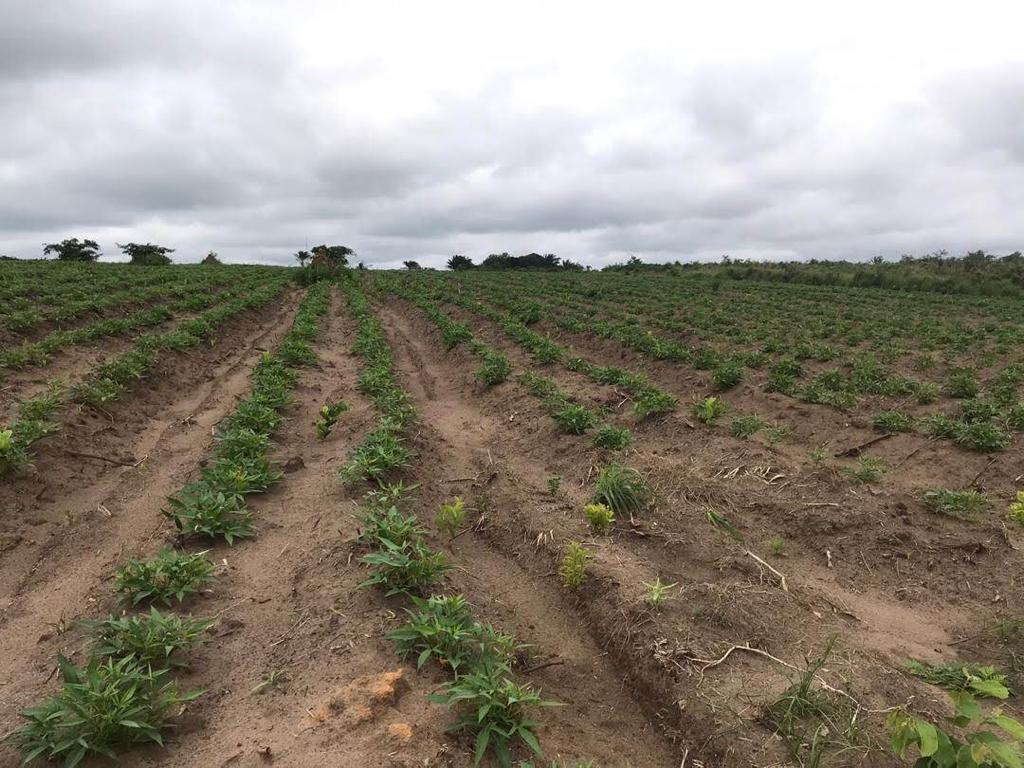
When did you participate in the Orange Corners Programme?
“I was an incubatee of the second cohort of RDC. It was an excellent way for us to build upon our strengths, to increase our production and to formalise our start-up, turning our business idea into an official startup. I don’t know if Le Bulb would be where it is now without the professional advice of the mentors of the programme.”
An entrepreneurial mindset does not centre on the belief of making money; Being an entrepreneur calls for responsibility, teamwork, perseverance and determination.
What is the most challenging part of being an entrepreneur?
“To be mentally always available for the difficulties you face. But also to stay focused, to be adaptable and resilient, at all times. As an entrepreneur, you are responsible for making your own profits, which can be a motivation but also a difficulty, as you never know what to expect at the end of the month. But my team and I work hard, this is the job we’ve chosen.
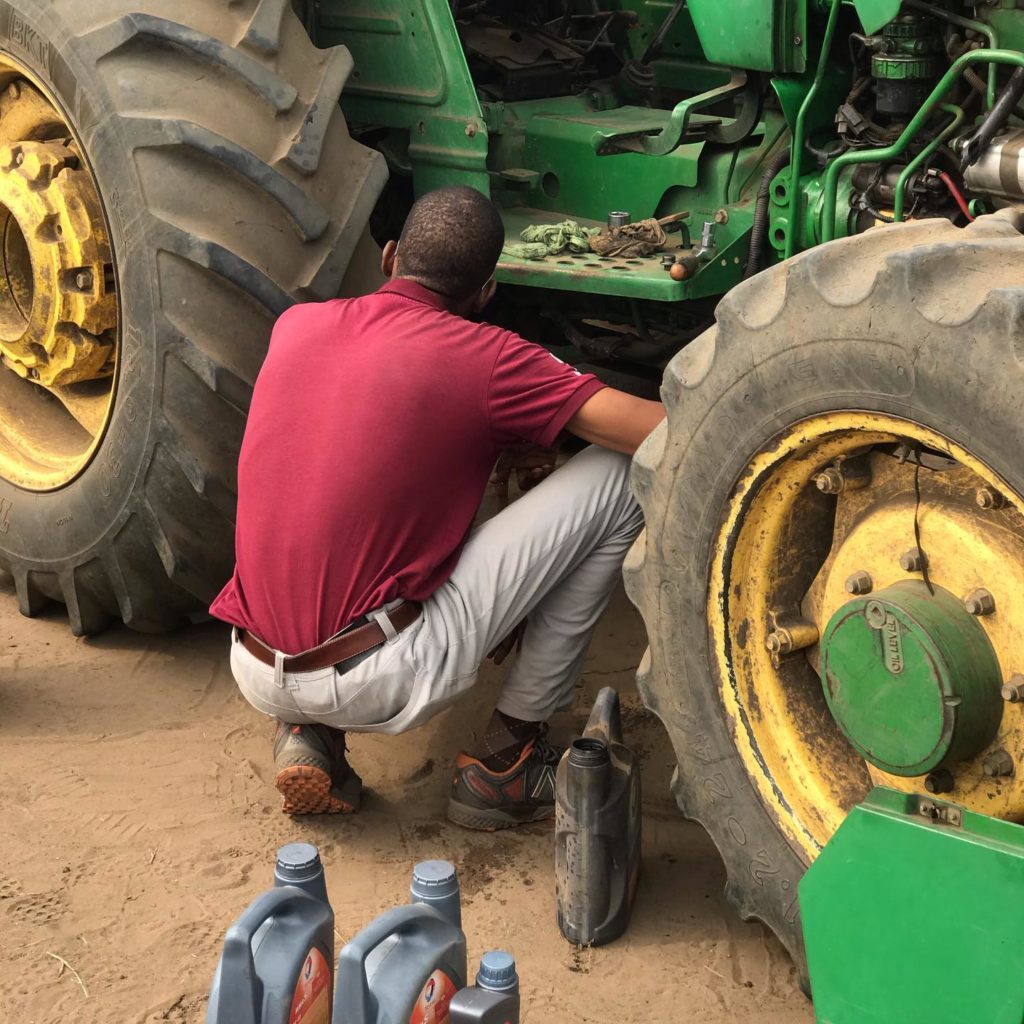
We want to increase our business visibility, not only in Kinshasa but throughout RDC. This means creating more jobs, opening new markets and enhancing our impact.
This year our team increased to a total of seven employees, four full-time employees and three part-time employees compared to only three in 2018. It is getting better and better since we help each other and consolidate our startup competencies. The next step is receiving more financial guidance and getting a social media expert on board!”
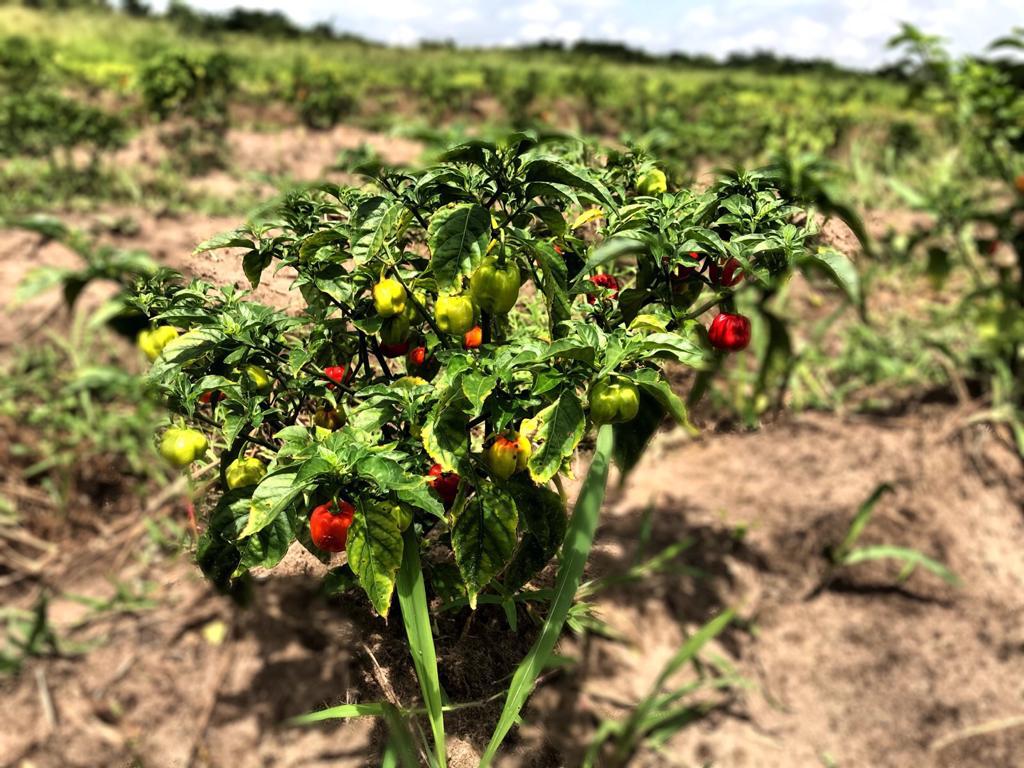
What are the advantages of being an entrepreneur?
“The benefit is that the job I do is everything but one-sided or boring. It is very challenging and every day you need to work very hard. But by persisting, you solve problems that directly touches your community and improves its condition. And finally, you enjoy financial independency that most regular jobs don’t have.”
In 2020 we had a turnover of 19,400 USD dollar.
What kind of advice would you give other budding entrepreneurs?
Don’t give up. There will be moments that you want to give up – that happened to me as well – but your motivation should be why you started your business in the first place. What is your motivation? What will you gain from persisting? Always bear in mind what your startup objectives are.
An entrepreneurial mindset does not centre on the belief of making money; Being an entrepreneur calls for responsibility, teamwork, perseverance and determination. Staying focused should prevail over giving up. Always remember why you started in the first place.”
RDC cannot permit itself to import products from the other side of the world.
In five years, where will Le Bulbe be?
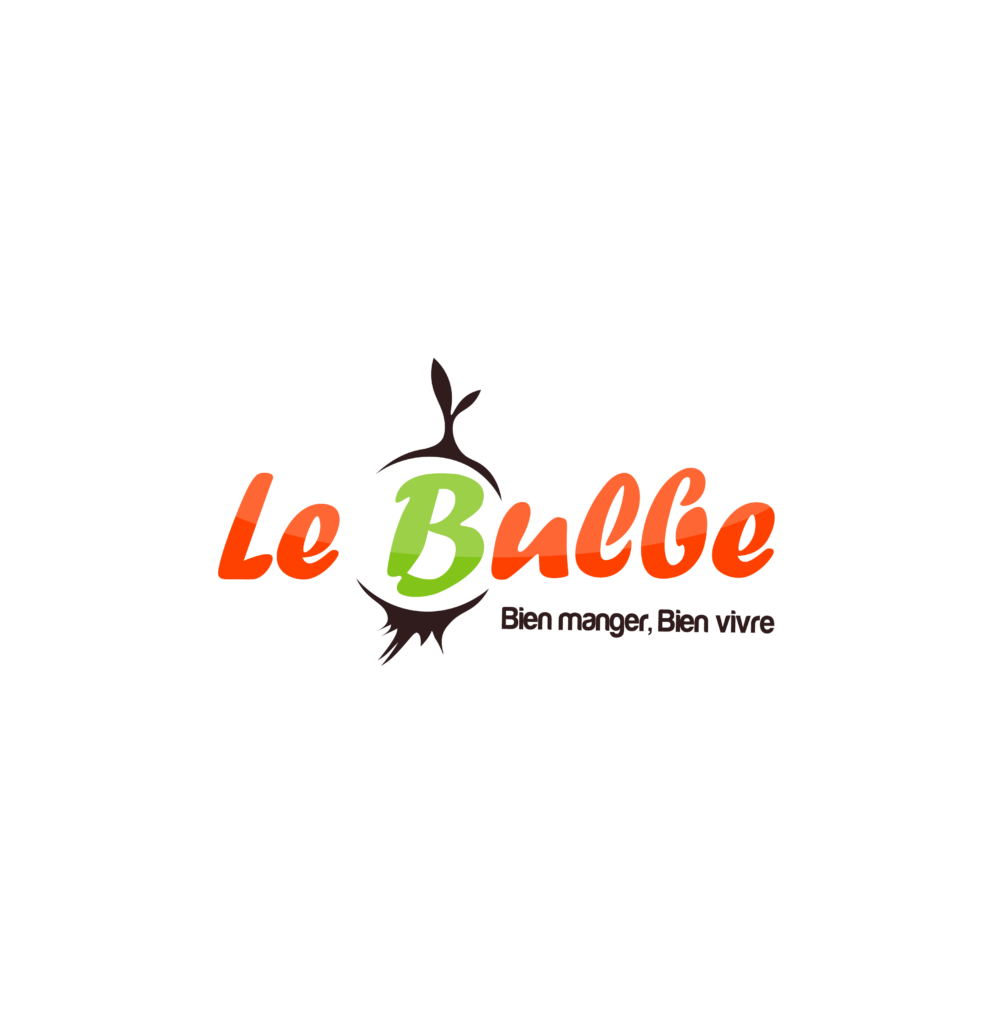
“We want to increase our business visibility, not only in Kinshasa but throughout RDC. This means creating more jobs, opening new markets and enhancing our impact. I hope in a couple of years, consumers can see what they are eating and where it comes from. I hope in a couple of years, consumers can see what he or she is eating and where it came from. That customers can buy milk from a local farm. That people are aware their products came from Le Bulb. That is the goal. That our startup has set the stage for further agricultural innovation in Kinshasa and the rest of RDC!”
Find our more on Le Bulbe here:

